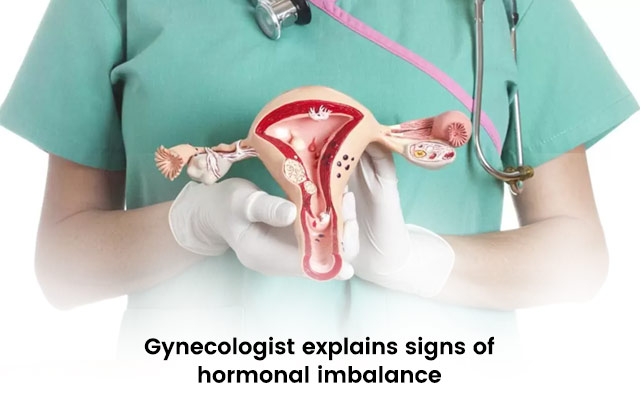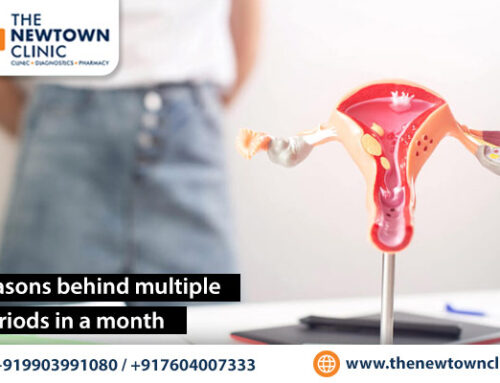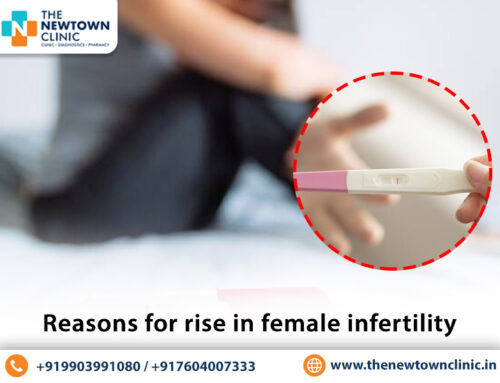A hormonal imbalance occurs when you have excessive or low amounts of certain hormones. Some hormonal changes can occur due to the natural aging process. However, in some cases, hormonal fluctuations can be a result of some underlying issue. Hence, it’s crucial to recognize the warning signs and seek early treatment. Read on to know some of these common signs from the top gynecologist in Newtown.
Top signs of hormonal imbalance
Heavy and painful periods: If you often experience heavy and painful periods along with other symptoms like low back pain and constipation, then you might have fibroids. Fibroids are known to be stimulated by estrogen. Therefore, if there is an imbalance of estrogen in your body, you might be at risk of developing fibroids.
1. Low sex drive: Low libido or sex drive is common in women going through menopause or perimenopause due to falling levels of testosterone and estrogen.
2. Poor sleep and insomnia: During menopause and perimenopause, your body produces less progesterone and estrogen. Falling levels of estrogen can result in night sweats that might disrupt your sleep and contribute to excessive fatigue. The top gynecologist in Kolkata can help address this hormonal imbalance.
3. Unintentional weight gain: A number of conditions, which are hormone-related, can result in weight gain. For instance, polycystic ovary syndrome occurs due to an imbalance in hormones that causes the development of small cysts on the ovaries. Weight gain is one of its common symptoms. Menopause is another hormonal condition that makes you gain weight around the abdomen.
4. Skin problems: In addition to being an indication of polycystic ovarian syndrome, chronic adult acne can also be a sign of low levels of estrogen and progesterone and high amounts of androgen hormones. Similar to how itchy skin can be brought on by hormone imbalances during pregnancy or menopause, dry skin can also be a sign of thyroid or menopausal issues.
6. Infertility: One of the main factors in female infertility is hormonal imbalance, and after the age of 35, a woman’s fertility normally reduces due to shifting hormone levels. Low levels of luteinizing hormone (LH), which encourages the ovaries to release an egg and start generating progesterone, can also result in reproductive problems. High levels of follicle-stimulating hormone (FSH) can decrease a woman’s chances of becoming pregnant. Your fertility will be impacted by early menopause and other hormone-related diseases like PCOS.
Take note of these warning signs of hormonal imbalance. Consult the top gynecologist in Newtown to address your hormonal problems and find the exact cause of their imbalance.







